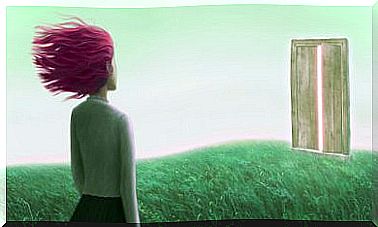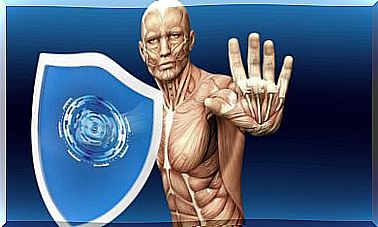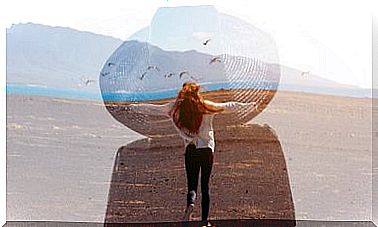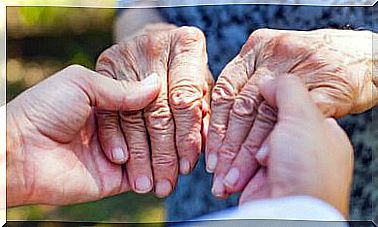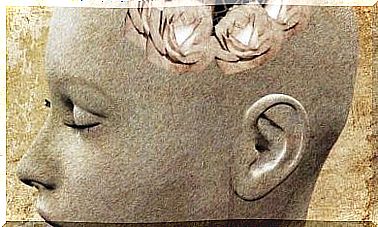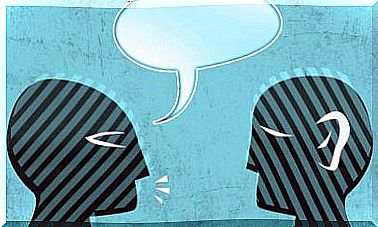The Key-in-the-door Syndrome: The Desperation To Urinate
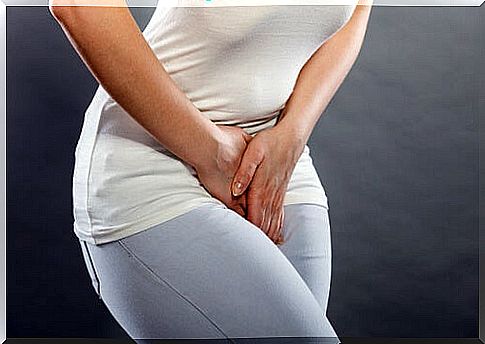
How many times have we been in a meeting focused on an important issue and neglected (or did not realize) that we really wanted to urinate?
We get in the car, continue with the meeting proposals in our minds and listen to music until we reach our destination and park. And it is at that moment, when we get out of the car and take out the house keys and of course the theme of the meeting is left behind, when our desire to pee increases and we feel our bladder about to explode.
Those 200 meters that we have left to open the door of our house are endless. Yes, endless: we try to relax, walk faster, but sometimes it turns out to be ineffective. Then comes the epicenter of despair, the moment we put the key in the door of the building, open it, and as Murphy’s law indicates, the elevator is on the 12th floor.
However, the delay in the elevator causes the impending urination to be delayed for a few more minutes. The issue is when it arrives and we approach it, the desperate feeling increases until the keys are placed in the lock of what would be at that moment the gates of paradise.
We dive straight into the toilet and see nothing other than what we are looking for: a throne that ensures that we feel that immense pleasure that involves emptying our poor tortured bladder and most importantly: not urinate on it.
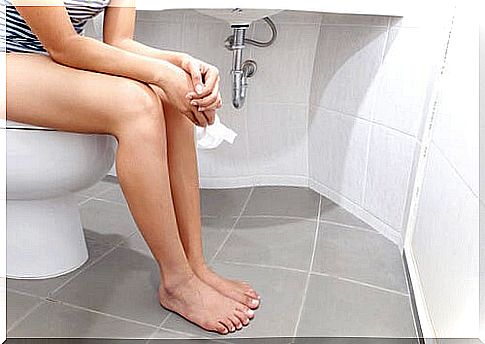
This same effect occurs with intestinal motility. Everything seems to stick to the strictest control until we find out and we don’t have a bathroom nearby. The issue is whether the alert of the need to empty the intestines persists, because when it persists it increases.
Immediately increases anxiety and tension, products of mindful focus on need. Even the pickiest and most obsessive about cleaning, who would never think of going to a public bathroom, as a result of the desperate tension of the possible excremental catastrophe, go to any bathroom, clean, dirty, disgustingly unsanitary, etc.
The picture of the desperate homecoming scene, such as the public toilet example, applies to both needs. But the big question is: why this urge to pee just as we approach the destination? What are the mechanisms that increase the desire to expel waste substances from our body? How are they activated? Let’s go deeper.
We are a unit
Undoubtedly, there is a deep connection between the physiological need, the organ (intestines and bladder), the mind and the brain, the focus of attention and alertness, the situational context and the emotions (anxiety, tension, despair) that structure a combo that shows us the previous scenes.
The truth is that if we made a list of the activities that one does when they get home, they win by a landslide to go to the bathroom. But, although it can be understood as a superficial questioning, this situation has a scientific explanation, more specifically neurophysiological, biochemical and emotional and cognitive.
Now, we must bear in mind that our way of thinking insists on dissociating the body on the one hand and the mind on the other. This is because the Cartesian dichotomy continues to persist among us like a germ that does not finish dying.
However, neuroscience, more specifically psychoimmunoneuroendocrinology, has shown and demonstrated that we are a body and a mind and that none of the systems, neither the immune nor the endocrine nor the nervous system work separately. And this is where we find an explanation for this phenomenon that could be seen as a banal issue.
An explanation about the desperation to urinate from science
There are a number of biochemical changes that happen the moment we approach the destination. In principle, the recognition and alert of our full bladder or intestine. This focus of attention accelerates the activated urge to evacuate. The more you focus, the more you activate.
On the other hand, the proximity to our home, which is the place where we find security and tranquility, accelerates the need. Undoubtedly, it is a stressful situation that, added to the mechanisms of fear (to get on top), activates adrenaline and cortisol and a whole anxiety-tensing group of the abdominal muscles and the proliferation of the fixed idea: the toilet .
In addition, the urgent sensation of urinating has a name “keychain incontinence”, which would also extend to the evacuation of the intestines. This phenomenon shows the connection between the bladder, the intestines (rather the gastro-intestinal system) and the brain. And although emptying can be tolerated, the bladder, for example, associates it when you get home and this activates the urge.
Some other explanations
When I think of keys jingling as I try to open the door, I can’t stop thinking of Pavlov’s bell. This phenomenon belongs to the group of conditioned reflexes, in the same way as the Pavlovian experiment.
This type of incontinence is comparable to the experiment carried out by the Russian psychologist Ivan Pavlov, who fed a dog at the same time as he rang a bell. After some time of systematizing the experience, he rang the bell but did not present the food, which he observed that the dog salivated even though there was no food.
If we make a parallel with this experience, it is the same that happens to people with their urge to urinate or defecate. “We associate the bathroom with our physiological need and it activates our awareness of our physical sensations, which tell us that we want to go to the bathroom, ” says Dr. Héctor Galván, director of the Madrid Institute of Psychology.
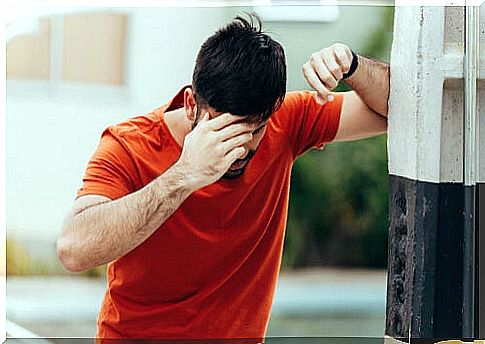
Ghei and Malone-Lee identified 4 environmental factors that produce the urge to urinate: getting up in the morning, the keys on the front door, the tap that lets the water run, and the cold weather, differentiating the urgency of “I can’t take it anymore.” of incontinence “oops, I peed.” They also noted that worry and fatigue aggravate these states.
For example, hearing the sound of running water is similar to urinating in the toilet. When we hear a noise similar to when we expel urine, an immediate association occurs and produces an increase in the contractility of the bladder muscle (the detrusor).
On the other hand, three researchers from Columbia University (Victor, O’Connell, Blavias) carried out a pilot study to evaluate the environmental signals that can constitute stimuli with conditioned reflexes in these circumstances. The results were partially in agreement with the Ghei and Malone studies: first, getting up in the morning; second (88%), being on the way to a bathroom; in third place (76%) to have a full bladder and in fourth place (71%) to be opening the door of the house.
We notice the need to go to the bathroom to urinate with 150 or 200 ml and when our bladder is very full it is possible that a sneeze, cough, or laugh can cause a leak. Of course, not all is lost, it is possible to control the irrepressible urge to urinate.
You just need to calm down, reduce anxiety, not think that you are near the toilet and lose focus or distract yourself thinking about something else. All of that helps to control. Of course, without abusing because we have to take care of our bladder and intestines.
At the end of the day, everything is in our brain: like a great commander models, constructs and deconstructs realities in a team game, a synergy in which the mind, brain, emotions, cognitions and all the organism’s systems participate.

